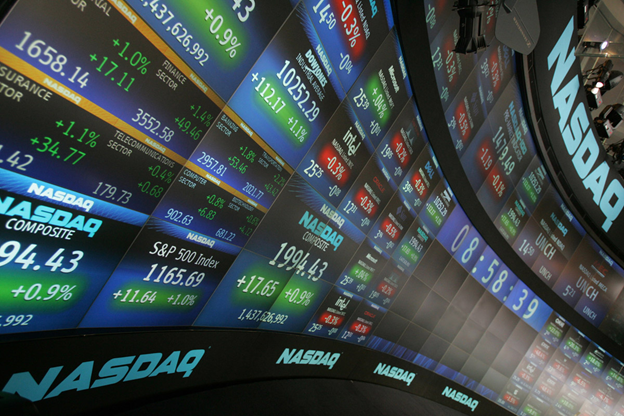In Economics We Trust?
April 23, 2012 in Daily Bulletin

Jonathan V. Last writes that “men will die for God or country, kinship or land. No one ever picked up a rifle and got shot for optimal social utility. Economists cannot account for this basic fact of humanity. Yet they have assumed a role in society that for the past 4,000 years has been held by philosophers and theologians.” In an article that looks at the role that economics has come to play in our life, and how it has become a term that has become all encompassing (Centives being an example of this), there are several highlights:
- Economics claims to have no belief system, but it does, that of utility maximization. However optimum outcome does not always mean most efficient outcome.
-
Yet we have come to let the economic philosophy of rational utility maximization dominate our lives. Examples include:
- Buying your way out of lines at amusement parks.
- Express lanes to avoid traffic.
- Paying students to get good grades.
- Naming subway stations after businesses.
- When markets are first introduced they tend to expand. Consider life insurance which was banned for several decades because people didn’t like the idea of speculating on death. It eventually won acceptance as a way for men to take care of their family in case they die. Today companies routinely buy life insurance policies on their employees – benefitting if their employees die.
- Taken to its extreme, utility maximization would mean no merit-based admission to universities. Instead the highest bidder would be able to get in.
To read more examples of economics coming to dominate our world, the implications for our society, how economics went from being a study of prices and unemployment to one of human behaviour, and why markets should not be demonized, click here.
Source: The Wall Street Journal
Join the Discussion! (No Signup Required)